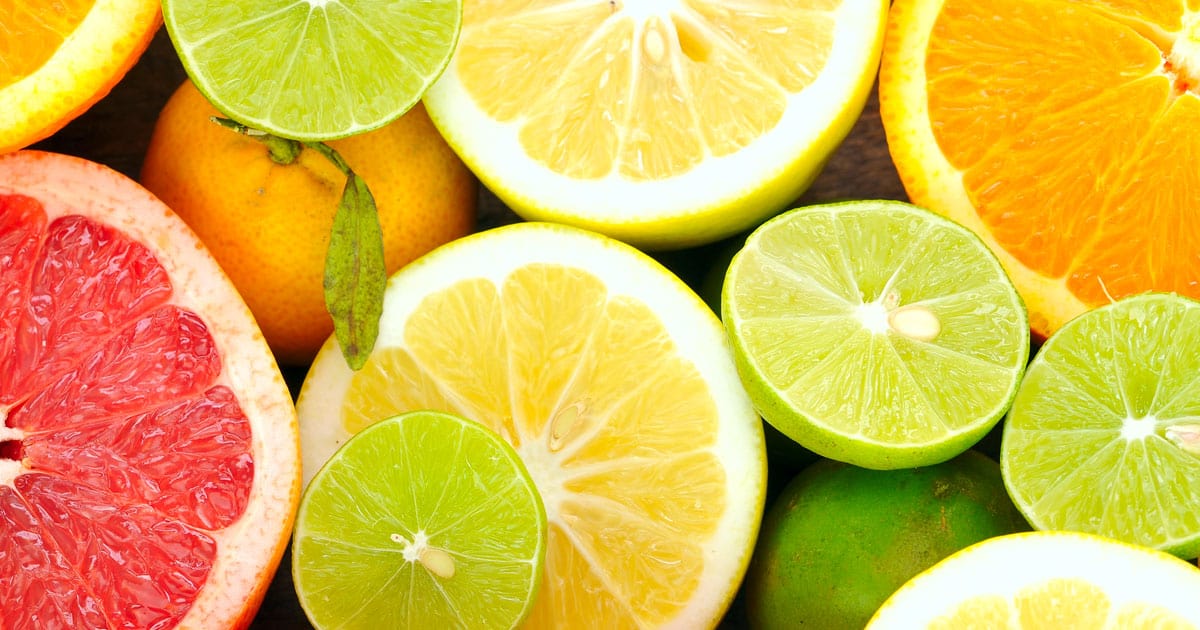
There is plenty of confusing diet and nutrition advice out there, and some of the most conflicting information centers around whether you should be including fruit in your diet.
Studies have also shown that people who replace refined sugars and sweeteners with whole foods like fresh or dried fruit have improved wellness in areas like cardiovascular disease and obesity-related illnesses that are increasingly common in western society.
Regularly eating whole fruit can bring a variety of health benefits. On the other hand, fruit contains carbohydrates in the form of sugars demonized by more than a few fad diets. This leaves us with the question: does the nutritional value of whole fruit outweigh the downsides fruit sugar might bring?
Many fruit varieties naturally contain two main types of sugar: fructose and glucose. These sugars differ from the added sugars you can find in many processed foods. High fructose corn syrup, and sucrose (or table sugar) are two of the main types of sugar often added to many kinds of foods and beverages to sweeten them.
Even in the world of fructose, not all forms are created equal. There is an increasing body of research that continues to link high levels of fructose intake to diabetes, heart disease, and obesity. It is worth noting, though, that much of this research has been focused on processed fructose, not on the natural sugar found in whole fruit or minimally processed fruit juices.
These are far from the only forms of sugar. Even in fruit, sugar alcohols such as erythritol can occur alongside fructose. A more comprehensive list of the most common sugars include:
If you are looking to get the wellness benefits of eating fruit, but want to keep your sugar intake as low as possible, there are a few fruits you may want to avoid. Mangoes are one of the most common fruits that are high in natural sugars. Despite their health benefits, pomegranates actually have large amounts of sugar. Passion fruit and lychees, though less common in the United States, rank even higher.
At the other end of the spectrum, lemons, limes, kiwi fruit, and raspberries all have less sugar than most other fruit. This may not seem like a stretch, with the tart or citrus flavors in these options. It may surprise some people to learn that strawberries, despite their sweet taste, are actually near the lower end of the spectrum when it comes to the amount of sugar they contain.
The potential dangers of high sugar content foods are often linked to increases in blood sugar levels. While this is a concern for foods with processed sugars, diets containing whole fruits have been shown to correlate to lower blood sugar levels. Even diabetics, who typically need to be very careful about sugar intake, have been proven to benefit from the careful inclusion of fresh fruit into their diets.
If you are trying to lose weight, or have been struggling with obesity, you may want to be more careful than most in counting the carbs and watching the amount of sugar you allow in your diet. Even with these constraints, many dietitians will still recommend including some whole fruits or raw fruit juices into your diet unless you are on a very restrictive no-carb diet.
The list of benefits associated with fruit consumption is long. Lowered risk of extreme weight gain and smaller chances of cardiovascular disease, type 2 diabetes, and obesity are all linked to eating a balanced diet that contains fresh fruits and vegetables. As naturally occurring, nutritious elements of a healthy diet, fruit can provide phytochemicals, potassium, and antioxidants that all contribute to better overall health and wellness.
At FruitSmart, we know there is more to fruit than just harvesting the raw product. We work closely with our partners to help them overcome the challenges and unanswered questions that can arise when trying to include fruit in their consumer products.
As consumer sentiment continues to shift toward healthier eating, it can be harder to create products that look attractive on the nutrition label and prove tempting to consumers. The natural sweetening properties of fruit sugars can help by providing creative ways to bridge the gap between health concerns and consumers’ tastes.
Many food producers have relied on added sugars to create the unique flavors people have come to know. As market sentiments continue to shift, brands need to be responsive to these changes. Rather than seeing this as a challenge, FruitSmart is ready to help provide new opportunities to provide sustainable, wholesome products that will tempt with their flavor as well as nutritional credentials.
At FruitSmart, we do more than just provide a product list or a set of samples to our partners. We are here to work with you to develop solutions instead of merely providing ingredients. If you are ready to start creating, or recreating, with the possibilities partnering with FruitSmart can provide, contact us today to start the conversation.
